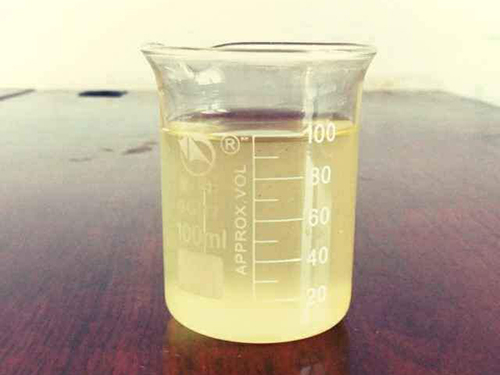Understanding the Role of Coagulants and Flocculants in Water Treatment Processes
Coagulants and Flocculants Essential Agents in Water Treatment
The purification of water is a critical process in safeguarding public health and ensuring the sustainability of our natural resources. Among the various methods used for water treatment, the application of coagulants and flocculants plays a pivotal role. These chemical agents are essential in removing suspended solids and clarifying water, making them fundamental components in the water treatment industry.
Coagulants are substances that help to facilitate the aggregation of particles suspended in water. When water contains colloidal particles, such as silt, clay, and organic matter, these particles often carry a negative charge, causing them to repel one another and remain suspended. Coagulants neutralize these charges, allowing the particles to come together and form larger aggregates, or flocs. Common coagulants include aluminum sulfate (alum), ferric chloride, and polyaluminium chloride. The choice of coagulant often depends on the properties of the water being treated and the specific contaminants present.
Coagulants and Flocculants Essential Agents in Water Treatment
Following coagulation, the next crucial step involves flocculation. This process is characterized by the gentle mixing of water to allow the newly formed flocs to collide and merge, resulting in even larger aggregates. Flocculants, typically long-chain polymers or natural polysaccharides, are often added during this stage to further enhance the aggregation process. These agents act as bridges, linking smaller flocs into larger ones, which improves the efficiency of sedimentation in the subsequent stages of treatment.
coagulants and flocculants

Flocculants can be classified into various types based on their charge properties cationic, anionic, and non-ionic. Each type has its applications and is chosen based on the nature of the impurities present in the water medium. For instance, cationic flocculants are effective for treating negatively charged particulates, often found in industrial effluents and wastewater.
The combination of coagulants and flocculants leads to a significant reduction in turbidity and improves the clarity of water. This treatment process is not limited to municipal water systems; it is also pivotal in industrial applications, including mining, pulp and paper, and food processing, where large volumes of water must be treated to meet environmental regulations.
However, it is essential to balance the dosage of coagulants and flocculants, as excessive use can lead to complications. Overdosage may result in the formation of too large flocs, leading to poor settling characteristics and difficulty in filtration. Conversely, under-dosage may not effectively remove contaminants, compromising the overall quality of the treated water.
Moreover, the use of coagulants and flocculants is evolving with technological advancements. Innovations such as the development of eco-friendly alternatives and the application of advanced polymers are being explored to enhance water treatment efficacy while minimizing environmental impact. Additionally, ongoing research into the effectiveness of natural coagulants, such as plant-based materials, presents promising avenues for sustainable water treatment solutions.
In conclusion, coagulants and flocculants are indispensable in the realm of water treatment. They not only help in purifying drinking water but also aid in industrial processes, significantly contributing to environmental sustainability. As the global demand for clean water increases, understanding and optimizing the use of these agents will be crucial in addressing future water quality challenges and ensuring safe, potable water for all.
-
The Power of Isothiazolinones in Modern ApplicationsNewsMay.08,2025
-
Flocculants in Water TreatmentNewsMay.08,2025
-
Flocculants and Chemical Solutions: What You Need to KnowNewsMay.08,2025
-
Flocculants and Chemical Solutions: A Growing IndustryNewsMay.08,2025
-
Essential Chemicals: Polymaleic Anhydride and MoreNewsMay.08,2025
-
Acrylic Polymers: Essential Solutions for IndustryNewsMay.08,2025





